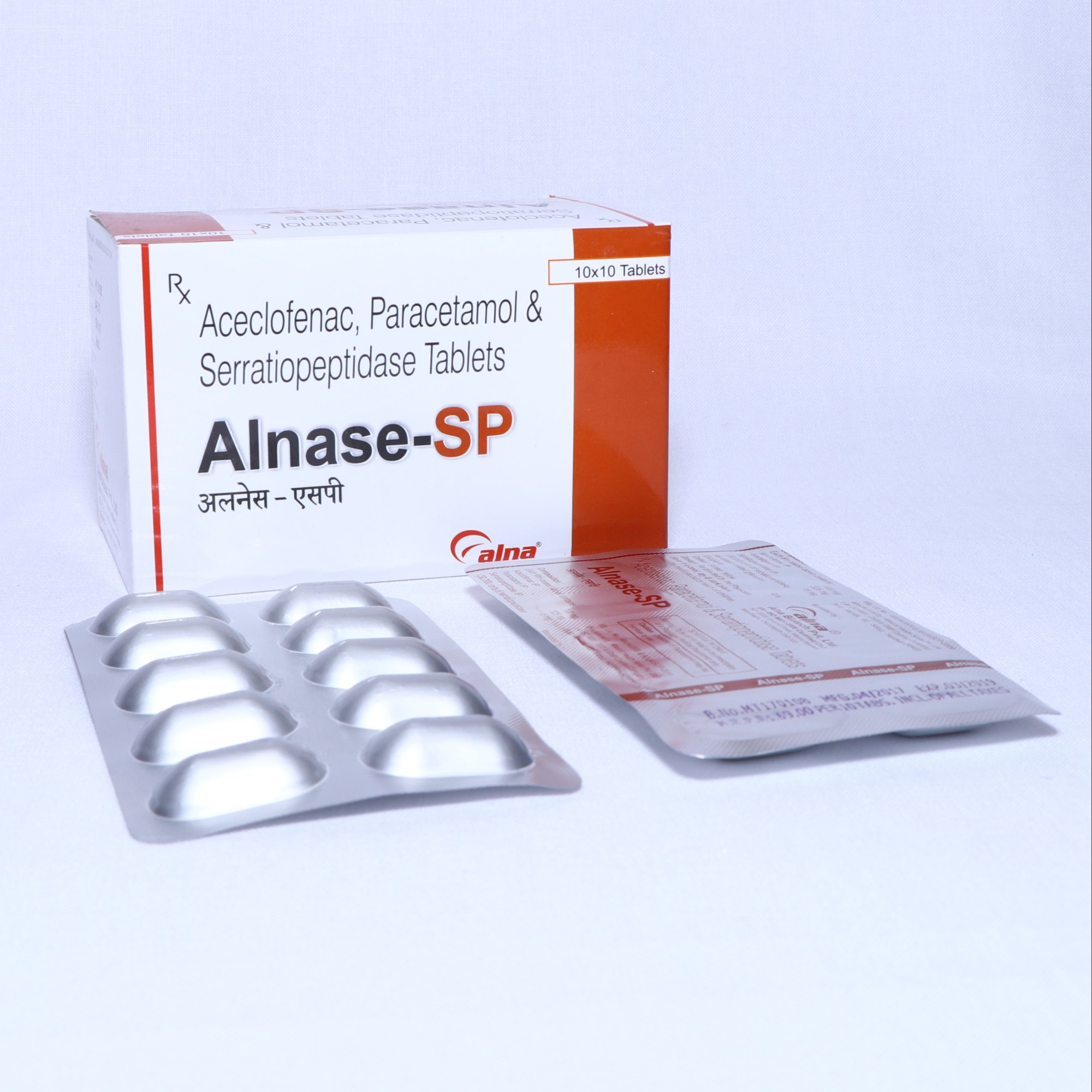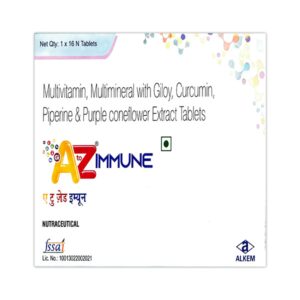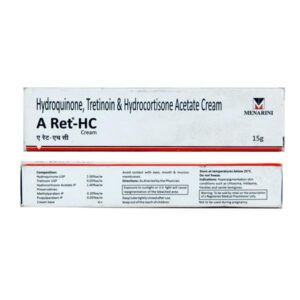Product Introduction:
Alnase SP Tablet is a medication that combines three active ingredients: Aceclofenac (100mg), Paracetamol (325mg), and Serratiopeptidase (15mg). Aceclofenac is a nonsteroidal anti-inflammatory drug (NSAID), Paracetamol is an analgesic and antipyretic, and Serratiopeptidase is an enzyme with anti-inflammatory properties. This combination is commonly used for the relief of pain and inflammation associated with various conditions.
Alnase SP Tablet should be taken in the dose and duration as advised by your doctor. It should be taken with food or milk to prevent stomach upset. Taking the medicine regularly at the right times increases its effectiveness. It is important to keep taking the medicine regularly until your doctor tells you it is safe to stop.
Nausea, vomiting, stomach pain, indigestion, heartburn, increased liver enzymes, dizziness,
drowsiness, and diarrhea are some of the common side effects that might be observed on taking this medicine. Your doctor may regularly monitor your kidney function, liver function, and levels of blood components if you are taking this medicine for long-term treatment. Long-term use may lead to serious complications such as stomach bleeding and kidney problems. Alnase SP Tablet is not recommended if you are pregnant or breastfeeding.
Benefits:
- Pain Relief: Aceclofenac and Paracetamol provide effective relief from pain associated with conditions such as osteoarthritis, rheumatoid arthritis, dental pain, and postoperative pain.
- Anti-inflammatory Action: Aceclofenac and Serratiopeptidase help reduce inflammation, swelling, and associated symptoms in conditions like arthritis and musculoskeletal disorders.
- Fever Reduction: Paracetamol effectively lowers fever and provides relief from associated symptoms, such as headache and body aches.
- Enhanced Efficacy: The combination of Aceclofenac, Paracetamol, and Serratiopeptidase offers synergistic effects, providing comprehensive relief from pain, inflammation, and fever.
Side Effects:
Common side effects of Alnase SP Tablet may include:
- Nausea
- Stomach pain
- Indigestion
- Diarrhea
- Headache
- Dizziness
- Skin rash or itching
Less common but potentially serious side effects may include:
- Gastrointestinal bleeding or ulcers
- Kidney damage
- Liver damage (with long-term use or overdose of Paracetamol)
- Allergic reactions, including skin rash, swelling, or difficulty breathing
Usage Guidelines:
- Dosage: The dosage of Alnase SP Tablet should be determined by a healthcare professional based on the patient’s age, weight, medical condition, and severity of symptoms.
- Administration: The tablet should be taken orally with a full glass of water, preferably with food to reduce the risk of stomach upset.
- Frequency: Follow the prescribed dosing schedule. Do not exceed the recommended dosage or frequency of administration.
- Duration: Use Alnase SP Tablet for the shortest duration necessary to relieve symptoms. Prolonged use may increase the risk of side effects.
- Avoid Alcohol: Avoid alcohol consumption while taking this medication, as it may increase the risk of gastrointestinal side effects and liver damage.
Drug Interactions:
- Inform your healthcare provider about all medications, including prescription, over-the-counter, and herbal products, that you are taking, as they may interact with Alnase SP Tablet.
- Concomitant use of other NSAIDs, corticosteroids, or anticoagulants may increase the risk of gastrointestinal bleeding or ulcers.
- Paracetamol may interact with certain medications, such as warfarin and certain antiepileptic drugs, potentially affecting their effectiveness or increasing the risk of side effects.
- Consult a healthcare professional for specific guidance on potential drug interactions based on individual medical history and current medications.
Always use Alnase SP Tablet under the supervision of a healthcare professional, and promptly report any adverse reactions or concerns during treatment.
SAFETY ADVICE

Alcohol

Pregnancy

Breast feeding

Driving

Kidney
Use of Alnase SP Tablet is not recommended in patients with severe kidney disease.

Liver
However, the use of Alnase SP Tablet is not recommended in patients with severe liver disease and active liver disease.
| Weight | 0.5 kg |
|---|---|
| Dimensions | 10 × 10 × 10 cm |




